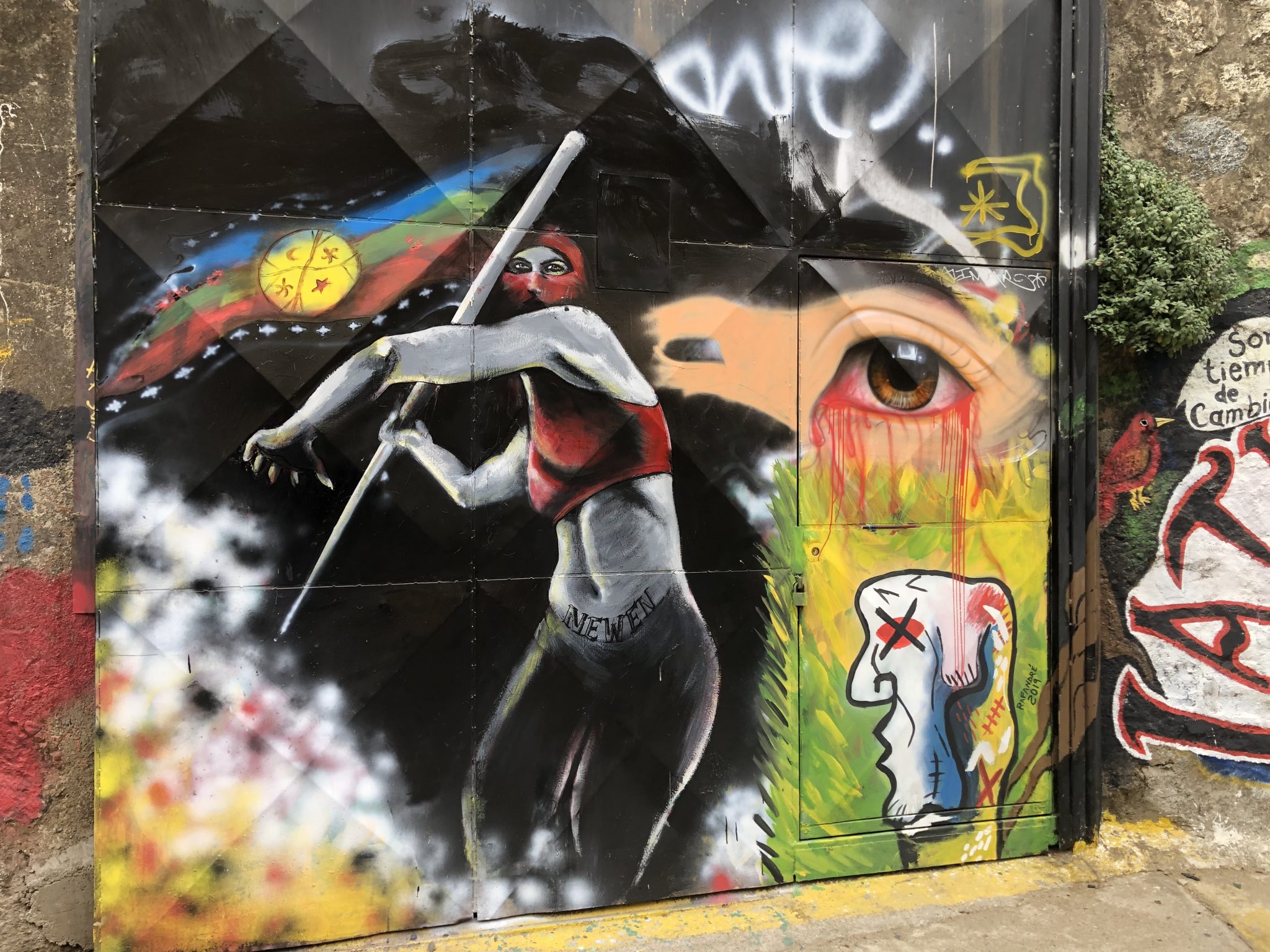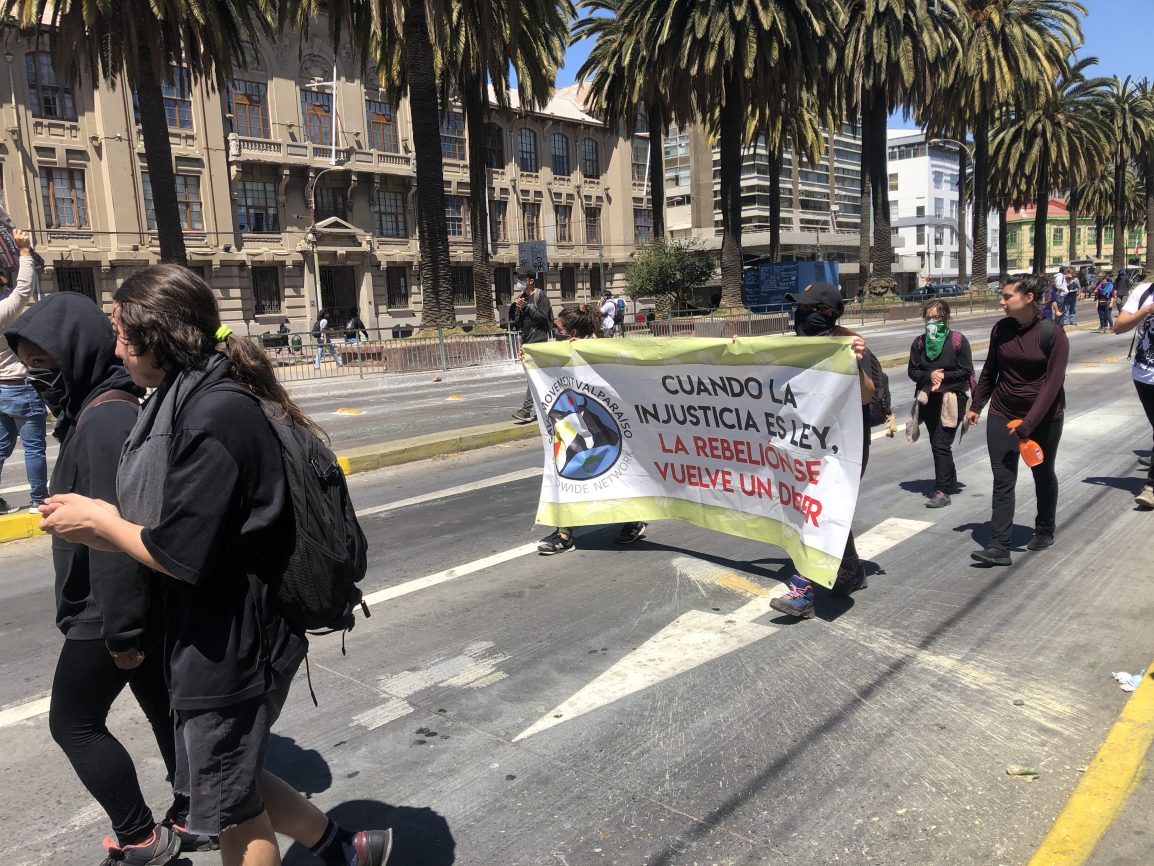Please note, this article was written before the Black Lives Matter protests following the killing of George Floyd. The author has written several articles specifically relating to that topic. Look for more articles by Helen Johnson on this site by using the search function.
COVID-19 has drastically altered the way most of us live our day to day lives. Classes were effectively cancelled for the rest of the semester, then moved online. College students were sent home, social distancing restricts hanging with friends, and going to the grocery store is an ordeal.
I, along with most people I know, have had a hard time adjusting to this new way of life. Especially for teenagers and young-adults. This period of life is for hanging out with friends, meeting new people, and learning to be independent. Now, all that is put on hold. However, I am realizing that I may have been slightly more prepared for quarantine than many of my peers.
Little did I know I was wearing masks before it was cool.
This is because of my experience last semester, when I studied abroad in Valparaíso, Chile.
My semester abroad was supposed to be five months of living in Valparaíso and taking classes at a Chilean university. But this experience was drastically altered when protests erupted in the country in late October. Protests were sparked by a metro fare hike (but really caused by deep-rooted wealth stratification and inequality in Chile). The protests quickly spread to every major city in the country. Although it began with rioting, the vast majority of the protests were peaceful- but the government cracked down. President Piñera immediately declared a state of emergency, instated a strict curfew, and deployed the military to the streets. From that point on, my semester was no longer your typical study abroad experience.

I can’t help but find some eerie similarities between my experience in Chile and the current quarantine. For one, the cancelation of classes. When the protests started, our classes were cancelled and we had to finish our assignments online. Basically what all students are doing right now!
Another similarity is being forced to stay inside.
When Piñera instated the curfew, you had to be back home inside your house by the time curfew started, or you could be arrested or even shot. Some days the curfew started as early as 6pm. Although that’s not all day like the quarantine is now, we still had to avoid walking outside during the daytime because the violence from the police and military sometimes made the streets dangerous. So we all spent a lot more time in our rooms. This also meant that we couldn’t see our friends very often, just like quarantine. Occasionally we could hang out, but sometimes it was too dangerous to travel through the city. Also, all the bars and restaurants were closed, exactly like how everything is shut down now.
One of the most ironic things to me about comparing these two situations is that in both scenarios, people started wearing masks.
Now, masks are a necessity when going grocery shopping or to pick up takeout, to avoid accidentally catching the virus from someone (or spreading it, if you have it and don’t know it). In Chile, everybody started covering their mouths outside because of the teargas. One of the principal methods that the military used to disperse the marches and protests was by blasting them with teargas, and they used it brutally and excessively.
If you’ve never experienced teargas, you might not know that it actually burns your throat and nose before your eyes, so protecting your mouth was important. Not only did you have to cover your mouth if you were near a protest, but the teargas lingered in the air for hours and sometimes days—you would walk through it even just going to the supermarket or the gym—so people brought scarves and bandanas with them everywhere.
Just like how everybody wears masks outside now, to protect themselves from COVID-19.
Finally, both scenarios involved anger and frustration at the government, and both situations had protests. In Chile, they were protesting both the entrenched systems that have generated huge inequality in the country, and the violence against protesters from the hands of the government. In the US during coronavirus, there has been anger from both sides of the isle at how the administration is handling the situation. Although a global pandemic is very different from social unrest, both events aggravated the political landscape.

When I left Chile, I was incredibly grateful for the experience I had and everything I learned from witnessing the protests. However, I was also a little relieved to be going back to my spring semester at Vassar, and back to “normal life.” Little did I know that my second semester of junior year would be suddenly disrupted just like my fall semester. I just keep telling myself that if I survived my semester in Chile I will survive this too. If I have any advice to give, it’s to remember that this too shall pass. Additionally, each unexpected situation comes with lessons to learn and chances to grow.

